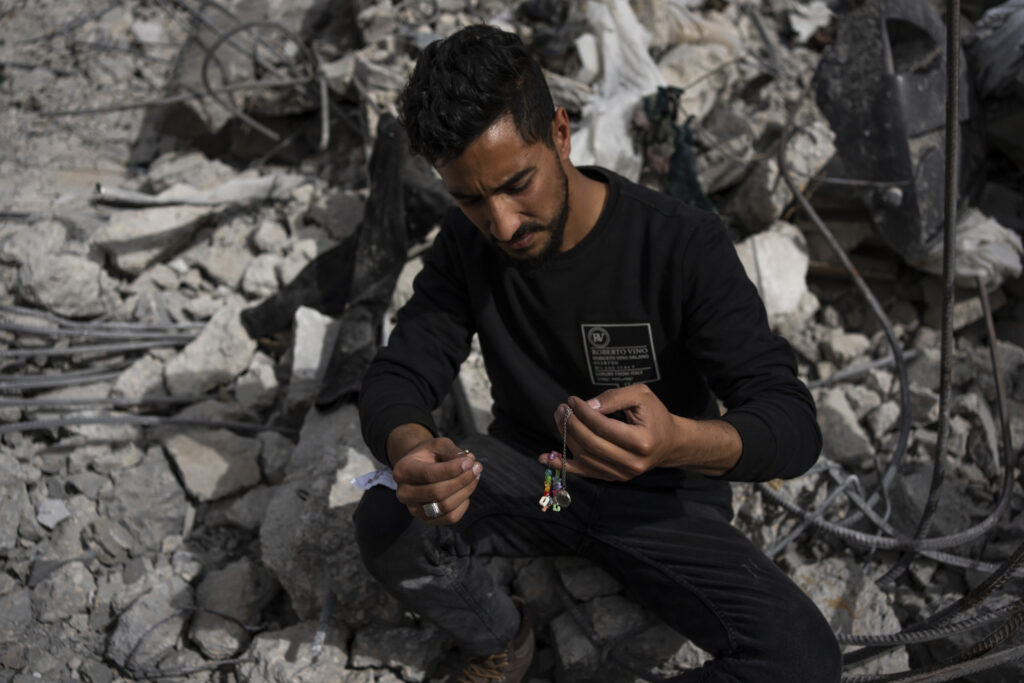14/02/2024
14/02/2024

UNITED NATIONS, Feb 14: In a statement issued on Tuesday, the United Nations cautioned against the possibility of an Israeli ground invasion of Rafah, located in the Gaza Strip. The warning comes amid escalating tensions in the region, with concerns raised over the potential humanitarian impact of such an offensive.
According to the United Nations, an Israeli ground operation in Rafah could result in dire consequences, including what UN aid chief Martin Griffiths described as a "slaughter" in the southern part of the Palestinian enclave. Rafah currently serves as a shelter for over 1 million people, exacerbating fears of widespread casualties and displacement.
Israel has stated its intention to target Hamas militants reportedly hiding in Rafah and to secure the release of Israeli hostages believed to be held in the area. Plans are being made to evacuate Palestinian civilians who may be caught in the crossfire of any military operation.
Griffiths emphasized the urgent need for safety guarantees, adequate aid supplies, and sufficient staff capacity to sustain humanitarian efforts in the event of an escalation in hostilities. He called on the international community to heed warnings against the potentially devastating consequences of a ground invasion.
Efforts to broker a ceasefire in Gaza, involving discussions among the United States, Egypt, Israel, and Qatar, have so far failed to yield results. Amid mounting pressure for restraint, U.N. Secretary-General Antonio Guterres expressed hope for successful negotiations to prevent a full-scale offensive in Rafah.
The conflict in Gaza, which began with Hamas militants' attacks on Israel, has led to significant casualties and widespread destruction. Israeli tallies report 1,200 fatalities and 253 hostages captured by Hamas. In response, Israel launched military operations in Gaza, resulting in the deaths of over 28,000 Palestinians, according to health authorities.
Rafah, with more than half of Gaza's 2.3 million population seeking refuge there, faces severe humanitarian challenges. Many residents are living in precarious conditions, lacking access to essential resources such as food, medical care, and shelter.
Griffiths expressed grave concern over the deteriorating humanitarian situation, describing the ongoing response efforts as inadequate in the face of mounting suffering and desperation among Gaza's population.


